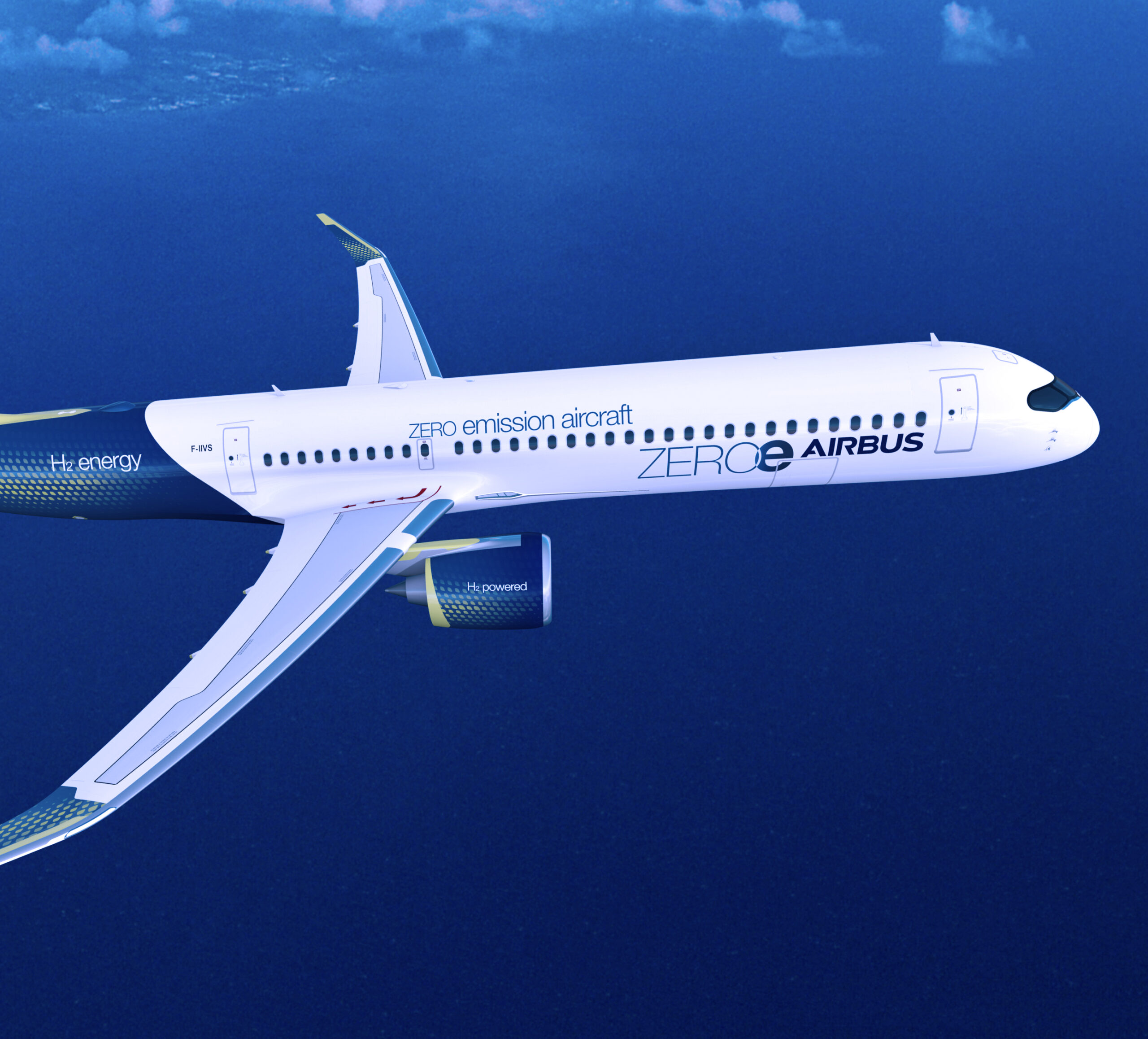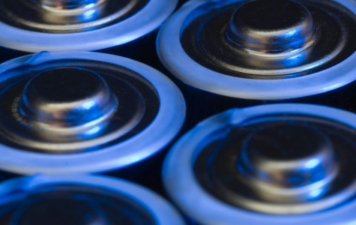Interview with new mobility experts at Airbus Protect
Hydrogen+
What expertise and innovations will you deploy for zero-emission transport, connected and autonomous vehicles?
Airbus Protect
We are working on technologies such as electrification, hydrogen systems and artificial intelligence, as well as on the air and ground vehicle concepts that implement them. Our role is to develop and deploy the means to ensure a safe and secure framework for the introduction of these new methods of mobility, without imposing excessive constraints that would hamper innovation.
In addition to securing the vehicles and the distribution facilities, can you tell us what the cybersecurity challenges are for this deployment?
With the arrival of automation and the increase in communications with the entire ecosystem, and the major changes linked to propulsion systems, the system architectures of today’s vehicles are going to be reviewed in depth. At the same time, a review of the cyber security mechanisms used is required.
For example, the mechanisms for detecting attacks involve numerous human interventions. As a last measure, the disengagement of corrupted systems informs a human of the attack. For an autonomous system, this last measure is no longer possible and must be managed by the system itself. Clearly, autonomous vehicles will have to be able to detect, with great accuracy and reliability, that they are under attack and be able to react to ensure the safety of the vehicle, its occupants and its environment.
What can Airbus Protect contribute to the safety of hydrogen mobility?
Airbus Protect has more than 35 years of experience in the analysis of risks related to the transport, storage and use of flammable substances like hydrogen. We rely on our expertise in the control of this phenomena to propose solutions adapted to each application. The services we offer cover research, consulting and training.
Do we need to reinvent new safety standards for new technologies? How do you work with the various players in these sectors?
The introduction of a new technology requires the development of new standards, particularly in the aeronautics sector where the certification process is based on industrial consensus, which defines the means of demonstrating the safety of aircraft. However, these new standards are based on decades of experience and good practice that must be adapted to these innovations. We are active in several national and international standardisation groups that are developing and defining new practices.
How do you support your customers in these safety management processes?
We always start by studying the needs, risks and particularities of each client and each product. Based on this diagnosis, we draw on our multi-sector experience to offer our customers tailor-made solutions. This includes consulting to optimise system architectures, developing strategies for assessing and demonstrating dependability, cybersecurity and developmental rigour, as well as diagnosing and auditing for compliance with standards or regulations.
 Sustainability
Sustainability 



